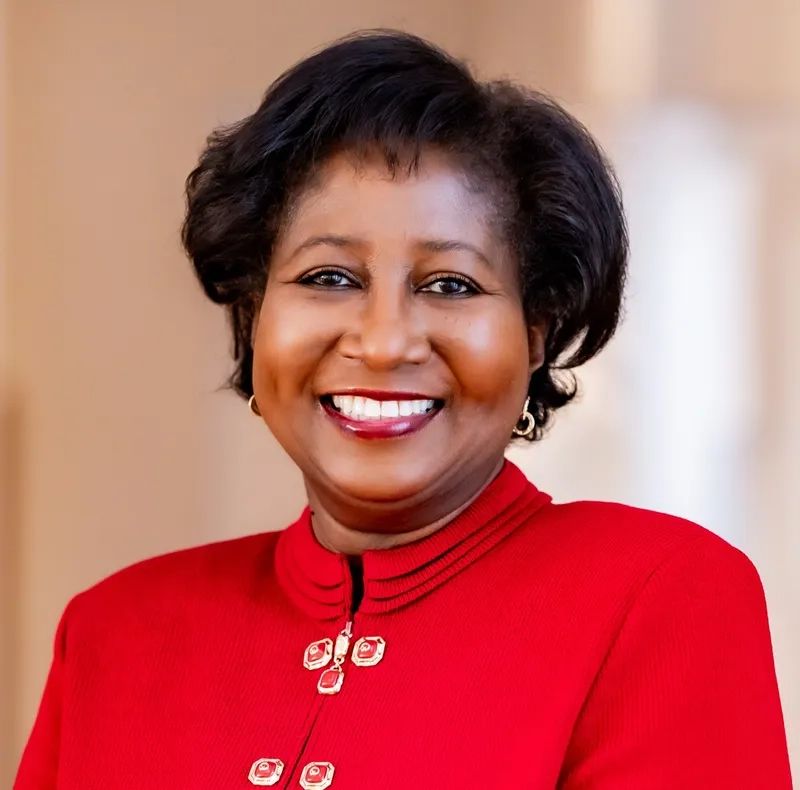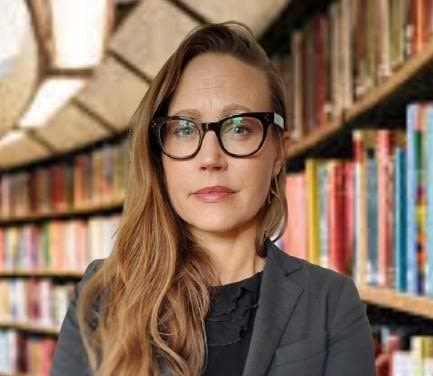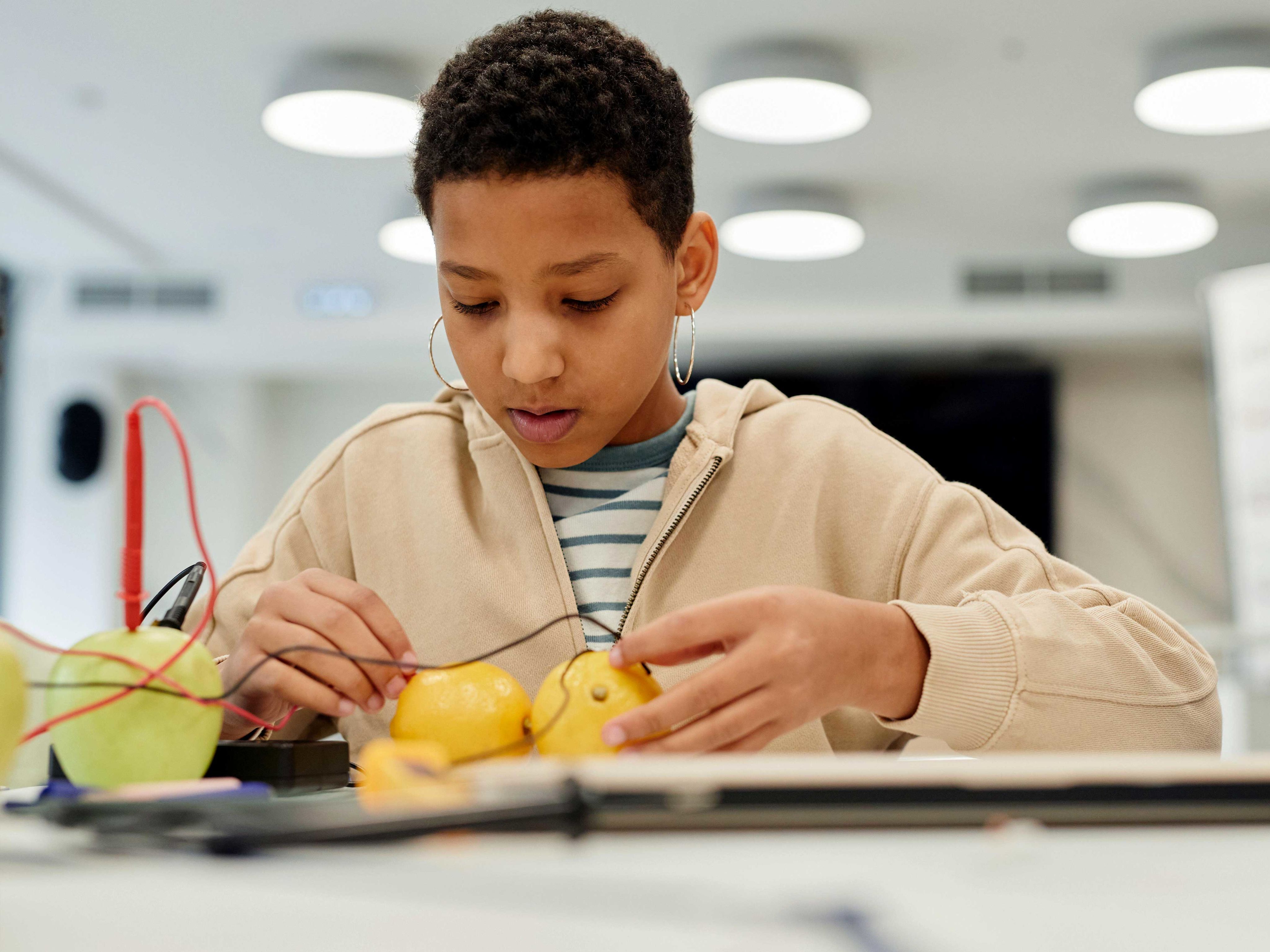Inspiring women in AI: Dr. Angella Ndaka
Dr. Angella Ndaka is Sub-Saharan Africa Regional Expert for AI in Agriculture and Co-founder and CEO of the Centre for Epistemic Justice Foundation.
Her research lies in the intersection of AI and emerging technologies, food systems, gender, equity and social inclusion, and technology policy, with a special focus on sub-Saharan Africa.
Women need to understand the potential risks of AI...
In this interview for our inspiring women in AI series, Angella explains what inspired her to start a career in AI and highlights how female role models and male champions are key to encouraging more women to enter the field.
"Go for it! Not as a tokenistic addition, but as a change maker"
What AI-related projects are you currently working on?
I am currently a key expert in two projects focusing on AI for agriculture and food security and integrating perspectives of grassroots women in AI for agriculture.
The projects are running under Athena Infonomics and The Centre for Africa Epistemic Justice Foundation, respectively.
In the past, I was a lead researcher in a project focusing on integrating gender and youth in AI and agriculture digitization in Kenya. I was also a key social researcher for the Maaratech Project, which focused on AI solutions for improving farm-level decision-making in Agriculture in New Zealand.
What inspired you to pursue a career in AI and related fields?
I was inspired to pursue a career in AI, especially in understanding the social and material dynamics of AI in society, by two things:
- The critical power gaps existing between different actors in technology
- My passion to seek solutions that bridge these social, economic, and knowledge gaps
What recent or potential breakthroughs in AI are you most excited about?
The increased awareness and efforts to advocate for the need to address the gender and other socio-economic gaps in AI.
What potential risks or downsides of AI development concern you?
AI safety issues, gender and socioeconomic gaps, AI environmental costs, data extraction, and data surveillance.
What challenges have you faced as a woman in the AI field, and how have you overcome them?
Open discrimination for women drumming for inclusive AI, and reduced funding and space to advocate for inclusive AI.
I am doing more collaboration and talking to individuals and organisations concerning why these conversations are important.
What initiatives or changes would you like to see to encourage more women to enter the field of AI?
- More funding resources for women
- Improved environment for women to thrive in AI design spaces
- More female role models in the AI space
- Male champions for meaningful women inclusion in AI field
What advice would you give to young women considering a career in AI?
Go for it! Not as subordinates and tokenistic additions, but as change makers.
What advice would you give to other women for getting started with using AI in their research, work, or life?
AI is useful and can cause enormous improvements in work efficiency.
However, women need to understand the potential risks and how they can navigate this, while leveraging AI for their advantage.
 China
China Africa
Africa

















